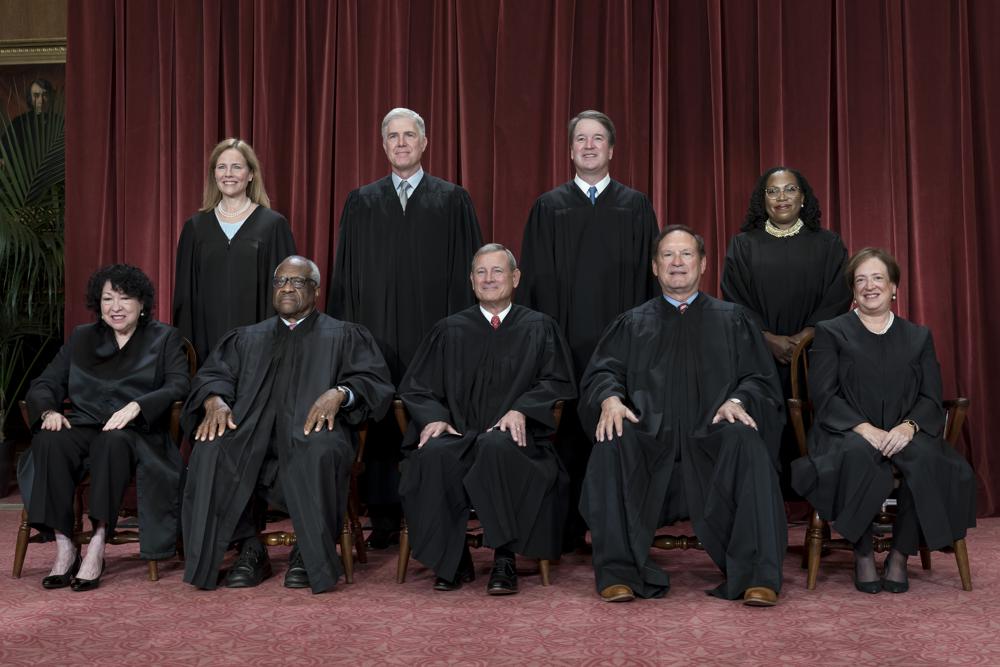Editor’s note: The following article is an op-ed, and the views expressed are the author’s own. Read more opinions on theGrio.
From Dred Scott to Brown to Shelby County, Black folks know the significant role the federal courts have played in extending or limiting our ability to enjoy full citizenship. Recent ethical scandals throughout the federal judiciary have undermined our civil rights, racial justice and other essential freedoms. Allegations of leaks and conflicts of interest threaten the public’s right to impartial judgment and their faith in the courts.
The Supreme Court refuses to implement basic reforms like creating binding ethics rules. Although the justice system is supposed to be “blind,” history is replete with examples to the contrary. For example, federal law requires federal judges, including Supreme Court justices, to recuse themselves from any case in which their impartiality might reasonably be questioned, and yet, in 2021, the Wall Street Journal revealed at least 131 federal judges, spanning the ideological spectrum, violated the law by hearing cases in which they had a financial tie to one of the parties. Since 2015, six Supreme Court justices have participated in a case where they had a financial conflict. Although recent legislation has improved financial disclosure requirements, these conflicts could impact cases across the country, including those related to environmental justice, civil rights, workplace discrimination and myriad other issues relevant to Black communities.
One obvious way the Supreme Court’s lack of ethical accountability harms Black communities is by affording wealthy white activists opportunities to influence the…
Read the full article here



